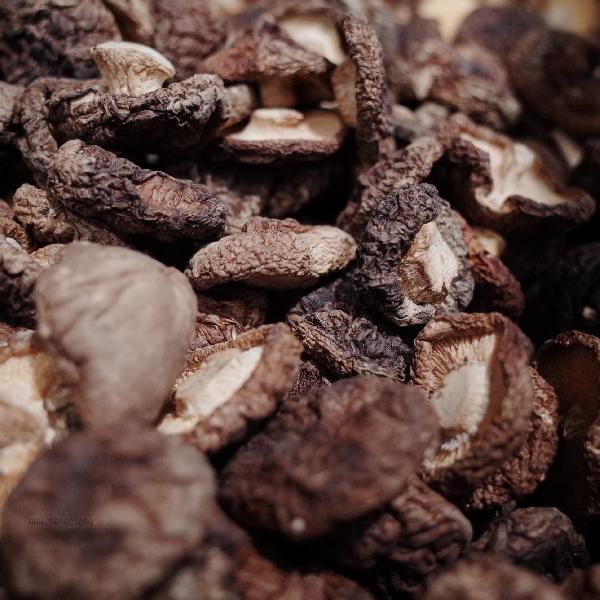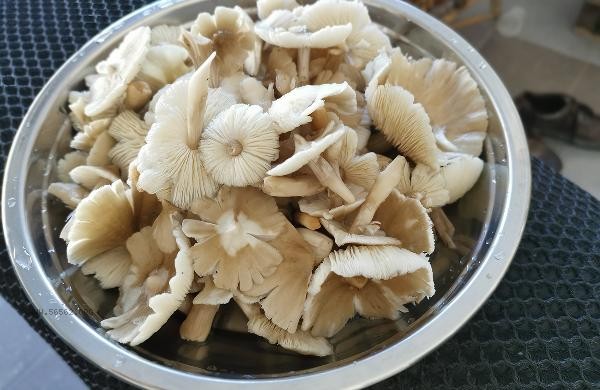Mushrooms contain protein, and their protein content varies depending on the variety. Typically, fresh mushrooms contain 2-3 grams of protein per 100 grams, while dried mushrooms can have a protein content of up to 20-30 grams. Mushroom protein contains some essential amino acids needed by the human body, but it is not a complete protein. It is recommended to consume it in combination with grains or beans to improve protein utilization. The protein content of mushrooms is relatively high in vegetables, especially in common varieties such as shiitake mushrooms, shiitake mushrooms, and shiitake mushrooms. These fungal foods synthesize various amino acids during their growth process, including essential amino acids such as lysine that are less abundant in grains. The high moisture content of fresh mushrooms results in a relatively low protein ratio, but after drying treatment, the protein content will significantly increase. Compared with animal protein, mushroom protein has a slightly lower digestion and absorption rate, but its fat content is extremely low, making it more suitable for people who need to control their calorie intake. Some special varieties such as shiitake mushrooms and enoki mushrooms have protein structures closer to animal proteins, containing a higher proportion of glutamic acid and aspartic acid, which can provide umami substances while also participating in human metabolism. The protein content of wild mushrooms may be higher than that of artificially cultivated varieties, but there are safety risks and self consumption is not recommended. For strict vegetarians, mushrooms can be one of the sources of protein supplementation, but it is important to note that they should be paired with soy products, nuts, and other foods to meet the full spectrum of amino acid requirements.

It is recommended to choose fresh and mold free varieties of mushrooms for daily consumption, and avoid soaking for a long time during cooking to prevent the loss of water-soluble proteins. Pairing mushrooms with staple foods such as rice and noodles, or with high-quality protein foods such as tofu and eggs, can significantly increase the bioavailability of protein. When special populations such as those with renal insufficiency need to control their overall protein intake, they should consume mushrooms reasonably under the guidance of a doctor.










Comments (0)
Leave a Comment
No comments yet
Be the first to share your thoughts!